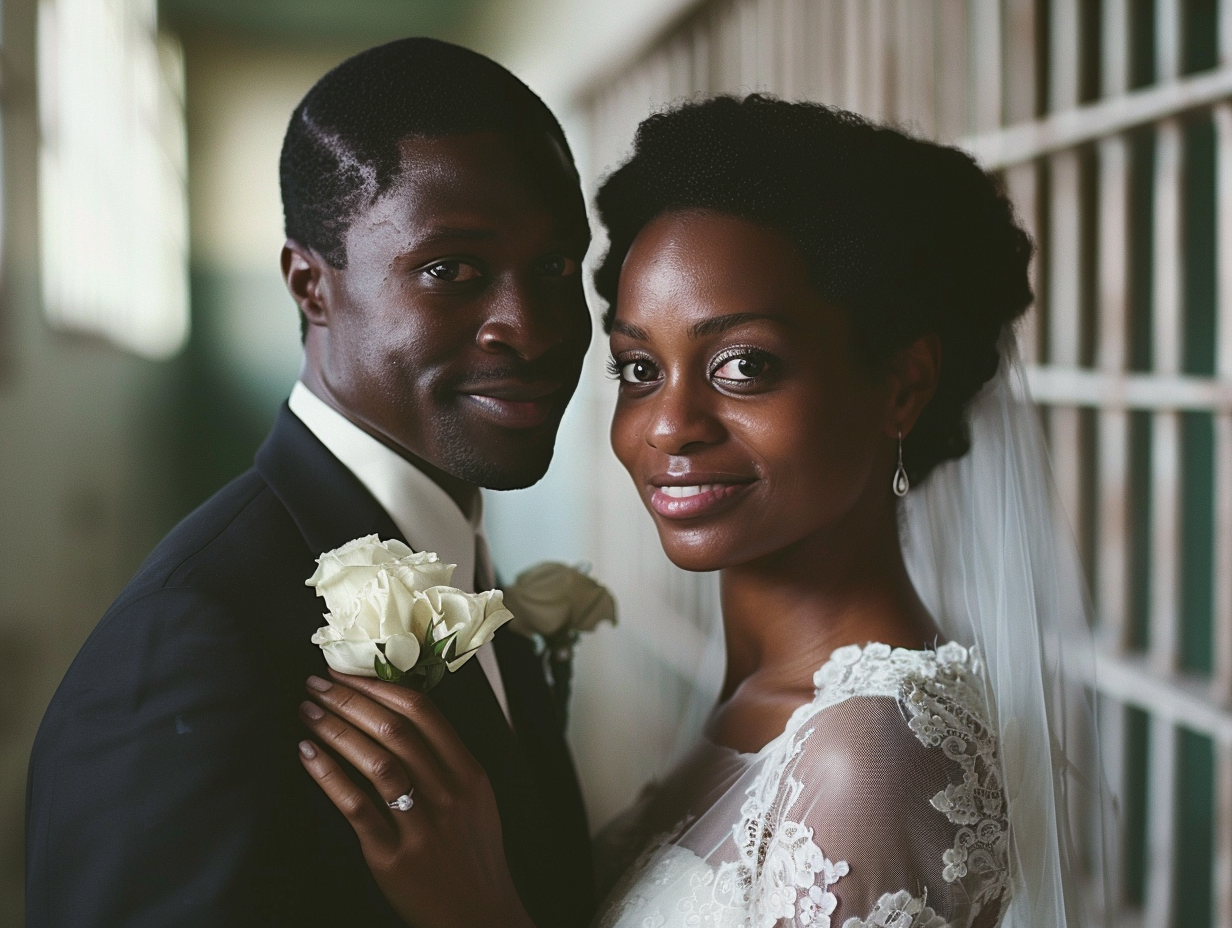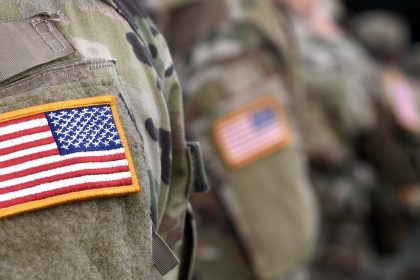In the harsh world of concrete walls and iron bars, an unexpected bloom of hope persists: the right to marry. Across the United States, many states recognize that incarceration does not extinguish the fundamental human desire for connection and commitment. This recognition has led to a complex tapestry of laws and regulations governing marriage for those serving time.
The landscape of prisoner marriages
While the idea of a prison wedding might seem like the plot of a gritty television drama, it’s a reality for many couples across America. Most states, including California, New York, Texas, and Florida, allow inmates to tie the knot while serving their sentences. However, the path to matrimony is far from simple.
Every state has its own set of rules, but generally, if the couple can meet the legal requirements for marriage, they can proceed – even if one partner is behind bars. The process typically involves a labyrinth of paperwork, security clearances, and administrative hurdles. Couples must navigate strict visitation policies, limited communication, and the scrutiny of prison officials. Despite these challenges, many find the effort worthwhile.
Why say ‘I do’ from a cell?
For many incarcerated individuals, marriage represents more than just a legal status – it’s a lifeline to the outside world and a beacon of normalcy in an otherwise regimented existence.
Emotional anchor
Marriage can provide incarcerated individuals with a sense of purpose and hope. It gives them something to look forward to and a reason to stay focused on rehabilitation. The knowledge that someone on the outside still believes in them can be a powerful motivator for positive behavior and personal growth.
Legal and financial benefits
Beyond the emotional support, marriage can offer practical advantages. Married inmates may have clearer rights regarding property and inheritance. In some cases, spouses may be eligible for certain social benefits, depending on their financial situation.
Post-release stability
Research suggests that married ex-offenders often have better outcomes after release. Lower recidivism rates are observed among those who maintained strong family ties during incarceration. Marriage can be a powerful motivator for rehabilitation and successful reintegration into society.
Challenges of love behind bars
While the benefits can be significant, maintaining a marriage with one partner in prison is no small feat.
Limited physical contact
Most prisons strictly limit physical contact between inmates and visitors. For newlyweds, this lack of intimacy can be particularly challenging. Couples must learn to express love in different ways, relying heavily on letters and phone calls to maintain their connection.
Emotional strain
The separation and unique stressors of prison life can take a toll on both partners. Feelings of guilt, resentment, and helplessness are common. Many couples find that counseling – when available – can be crucial in navigating these emotional minefields.
Logistical hurdles
From arranging visits to managing finances, the practical aspects of maintaining a relationship across prison walls can be daunting. If an inmate is transferred to a different facility, these challenges can multiply overnight.
The marriage process: A step-by-step guide
For those determined to pursue marriage while incarcerated, the typical process includes:
- Submitting a request: The inmate must formally notify prison administrators of their intention to marry.
- Obtaining a license: Both parties must acquire a marriage license, often requiring assistance from a legal representative.
- Planning the ceremony: Most prison weddings are simple affairs, held in a chapel or administrative office with limited guests.
- Securing an officiant: Some prisons have chaplains who can perform the ceremony; others require an outside officiant.
- Documentation: After the ceremony, the marriage must be properly registered with state authorities.
The role of consent
In the controlled environment of a prison, ensuring that both parties are entering into marriage freely and willingly is paramount. Prison officials often act as additional gatekeepers, verifying consent to prevent fraudulent unions or exploitation.
The issue of consent is taken very seriously in these circumstances. Both parties must demonstrate a clear understanding of what they’re committing to, and officials are vigilant in preventing any coercion or manipulation.
A testament to human resilience
As society grapples with questions of criminal justice reform and rehabilitation, the right of prisoners to marry stands as a testament to the enduring nature of human connection. It recognizes that even in the most challenging circumstances, the desire for love and companionship persists.
While prison marriages face unique obstacles, they also offer a powerful reminder of the transformative potential of human relationships. In the end, the choice to commit to a partner – even across prison walls – is a deeply personal one, reflecting hope, resilience, and the unquenchable human spirit.
This story was created using AI technology.







